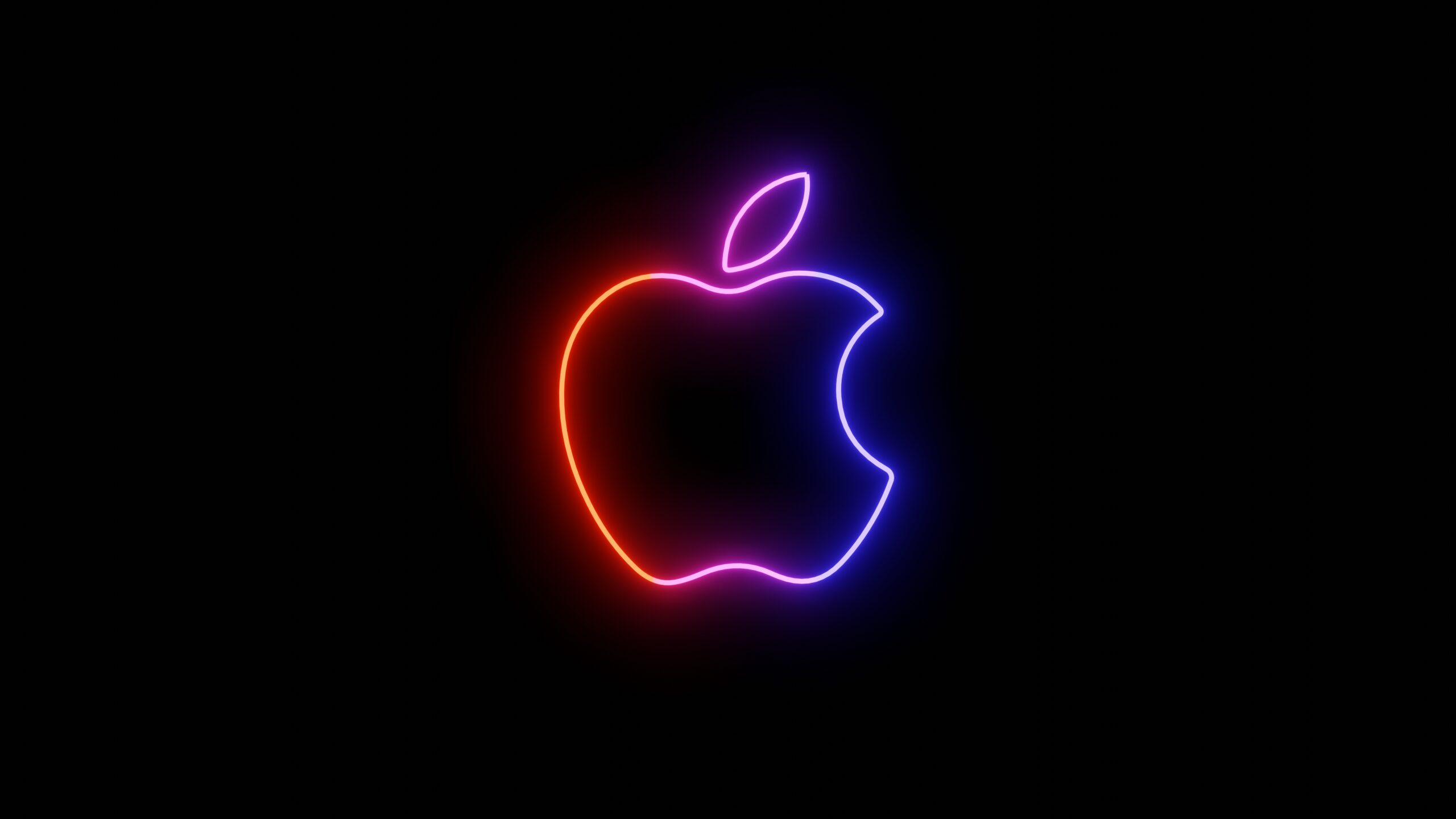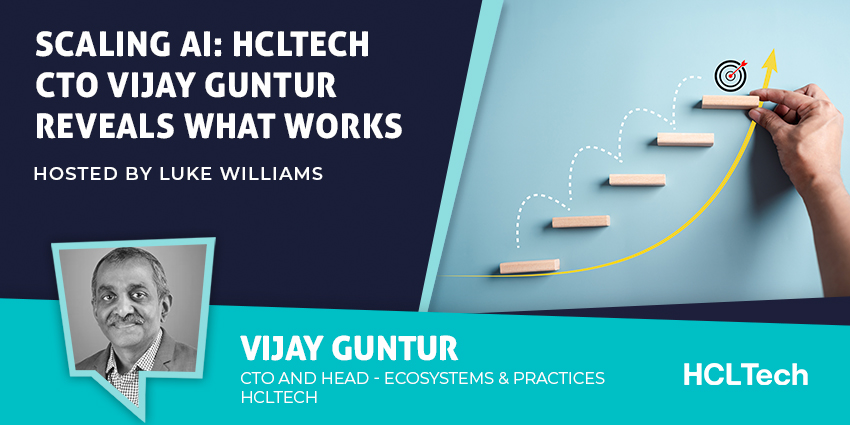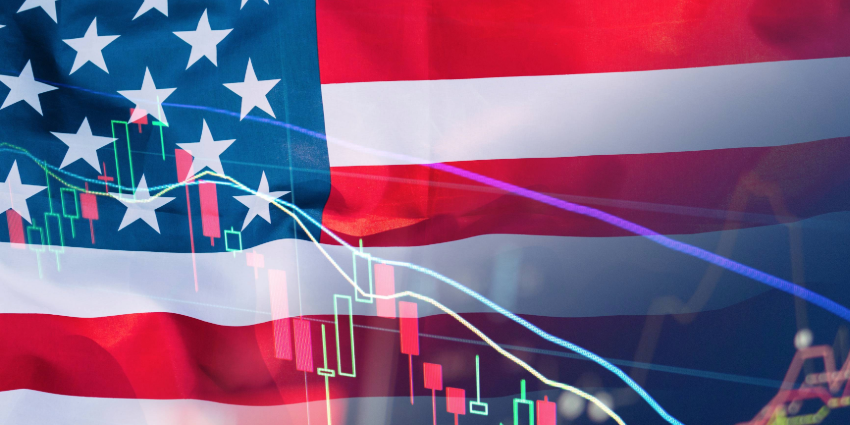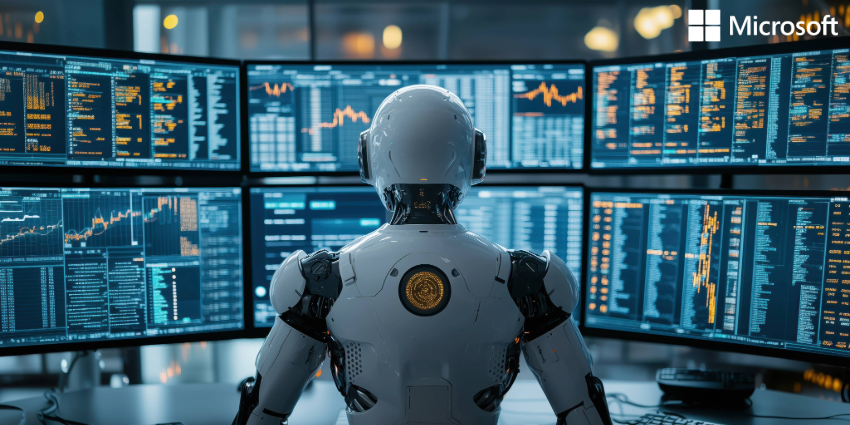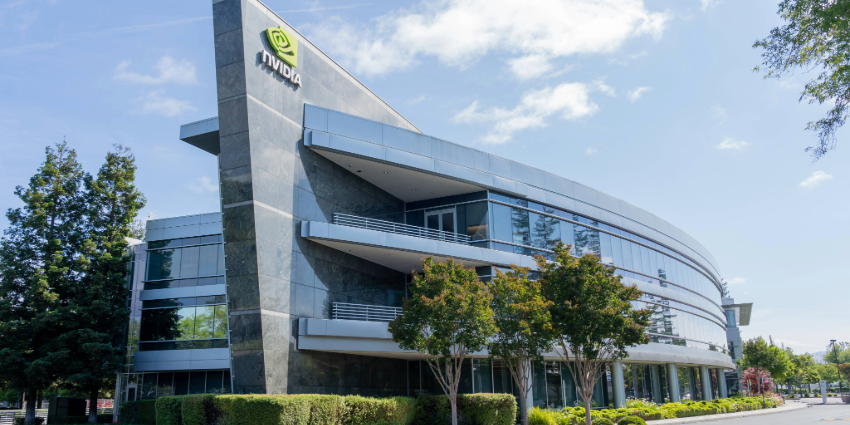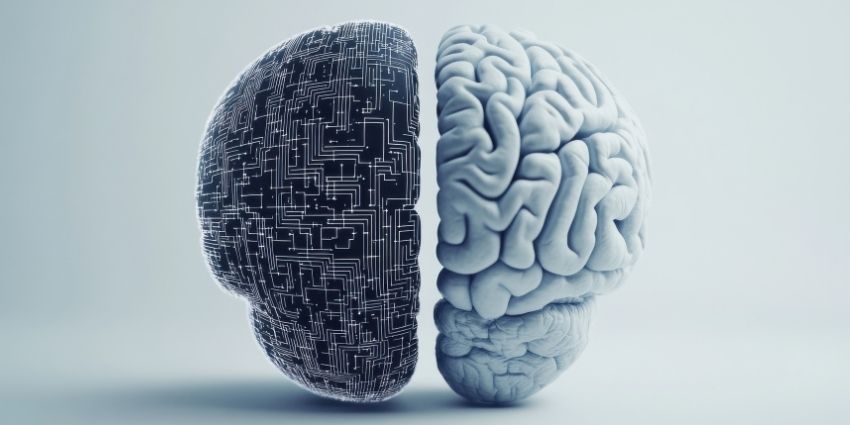Apple plans to invest more than $500bn in the US over the next four years, matching the scale of the recent “Stargate” venture from OpenAI, Oracle, and SoftBank that’s focused on building next-generation AI data centres across America.
Apple’s “largest-ever spend commitment” includes plans to create 20,000 new jobs, primarily in AI, research and development, and software.
A cornerstone of this initiative is a new, 250,000-square-foot factory in Houston, Texas, scheduled to open in 2026. The facility will produce servers that were “previously manufactured outside the US” specifically to support Apple Intelligence, the company’s AI system. Apple estimates this factory alone will create thousands of jobs.
Additionally, Apple is expanding data centre capacity across North Carolina, Iowa, Oregon, Arizona, and Nevada, and is also doubling its US manufacturing fund from $5bn to $10bn; continuing an initiative created during Trump’s first term.
Everything’s Bigger in Texas
The announcement follows a recent meeting between Apple CEO Tim Cook and President Donald Trump, who has prioritised increasing corporate investment in the US.
Trump, not necessarily known for his humility, was quick to take credit on his Truth social media platform:
This move aligns with Trump’s push for more US-based manufacturing. Last month he imposed a 10% border tax on all imports from China – where Apple has substantial manufacturing operations – and has proposed tariffs on products from many other countries, including Mexico and Canada.
Analyst Dan Ives of Wedbush Securities said:
[The investment is a] strategic move [to diversify manufacturing] while also playing well into Trump’s US investment theme… Cook continues to prove that he is 10% politician and 90% CEO.
One could say Cook has found a way to keep both Wall Street and The White House happy; no small feat in today’s political climate.
Vision Pro Gets an Intelligence Upgrade
The investment announcement comes as Apple prepares to roll out Apple Intelligence to its Vision Pro headset in April. According to Apple’s announcement, this AI system will introduce features like Writing Tools for text refinement, Image Playground for creating unique images, and Genmoji for personalised emoji creation.
Apple Vision Pro, launched earlier this year, will also receive a new Spatial Gallery app featuring curated spatial media content and a dedicated iPhone app for managing the device. Perhaps soon we’ll all be walking around with thousand-dollar headsets – but hopefully not bumping into real walls while in our own virtual worlds.
AI – The Hottest Market on the Planet?
Apple’s investment takes place amid growing competition in the AI sector, where the mind-blowing amounts of money being invested only continues to rise.
Alibaba Group recently announced a $53 billion investment over three years for cloud computing and AI infrastructure—exceeding their total AI spending over the past decade, according to their CEO Eddie Wu.
Other tech companies are making similar moves. Meta has indicated plans to enter the humanoid robotics market with its Llama-powered initiative, while Figure AI recently unveiled its breakthrough Helix robot system, helping drive the company’s valuation to $40 billion.
Born in the USA
This isn’t Apple’s first major US investment commitment. In 2021, the company pledged $430bn in US investments and 20,000 new jobs over five years. However, Ives noted that the new initiatives don’t signal a major shift in Apple’s manufacturing strategy for China, as the areas in question weren’t previously a focus of its activities there.
The extent to which this new commitment represents an acceleration of existing plans versus entirely new investment remains unclear, but it marks a public recommitment to US-based operations as global trade tensions continue to rise.
For now, it seems Apple is hedging its bets – keeping one foot in China and planting the other firmly on American soil. Walking this tightrope is a delicate balancing act, but it seems that in Tim Cook, Apple has a seasoned CEO who knows that in business, as in politics, diversification is key.

